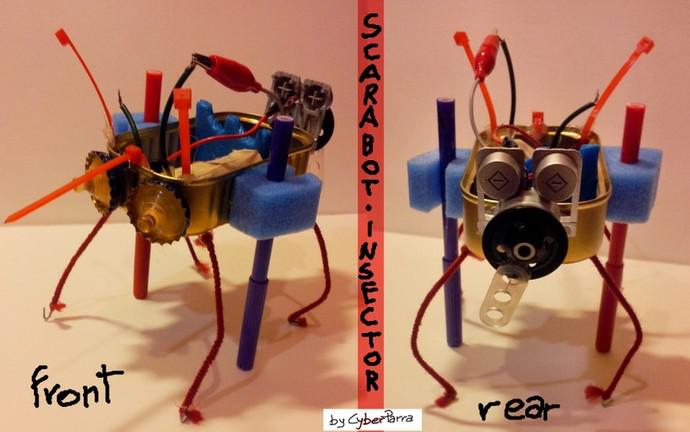What about Gear Of Adulthood (GoA)?
What is the relationship that adult have with objects?
Have you any object now that can be considered like your GoC?
What is the difference between the GoC and the GoA?
Gear Of Adulthood (GoA)


I am also interested in how adults can be drawn back into remembering their gears of childhood.

This is a great question. Personally, looking back on my childhood I can't remember a single "gears"-like experience that jumps to mind to write about. (I think I can/will come up with some things... but I have more to say about my later experiences.)
Later on, I did have a more significant kind of learning experience through the process of reflecting back on past memories and other contents of my mind and environment (books, past writings, ongoing interaction with the world.)
That has been my "gears" experience. And, it's hard to depict, since it doesn't come down to a single object, but connections in my mind. I can show some steps in the process, like visual layouts of items, pages full of random words, videos of me talking through ideas and making connections in a free-form manner... but none of those by themselves really sums it up, or is as specific as a single object.
I'm curious what others' experiences are, as well. And I'm interested in the question, for people who are more "metacognitively" inclined, and prefer thinking in holistic, abstract, connectivist ways, how more meaningful learning might be facilitated earlier on in life... when "school" is usually in the form of compartmentalized subjects, and the vast expanse of information and connections online is often very fragmented before one develops a good inner map for making sense of it.

I'm interested in the overlap between the two—I haven't quite found it to write about a "gear" of my childhood; I think the metaphor isn't exactly resonating for me. But I'm curious how thinking about the significant objects of our youth can become a "gear" or touchstone of our adult learning, or re-learning how to learn creatively. Maybe that's what I'll write about in the activity topic...


I’m inclined to believe that since my childhood and throughout the adult age i definitely do not have a special object, I mean something that is ascribable to a physical object, instead i had some chances helping and guiding me in my process of learning. An example is my first English book, at that time, I was ten, and the images drawings, were so nice and so amusing, that I use to spend lot of time on it looking at the stories going ahead through pages, and following new lessons not explained yet from my teacher. I like writing, drawing, creating, learning, listening. Most of us have a plethora of skills in different areas. Bringing out our knowledge in one area and applying it in another is natural for us. This is a multipod capacity, that i related to the childhood learning process, very often full of different changes and experiences. Multipotentiality is an asset. It gives the uniqueness to be able to combine different skills, because most of us have them, and solve problems fast. It makes also a fast learner. Every person can use his multipotentiality and bring it all together by creating a new business and lifestyle that allows you the freedom and creativity to thrive, but it is my opinion that all started with the multi- games-chances-object’s experiences from our childhood.

during the last Meetup Italia hang out, we were reflecting about the relations adults have with objects. In most of the case, adults have lost the idea to conceive objects as learning experience; they only use them as tools or in the conventional ways.
In my opinion this is also strictly related to wrong idea that a lot of adults have about the game concept: "something for kids", "something to have fun".
They do not think at gaming as exploration, as a way to discover something, as learning experience

